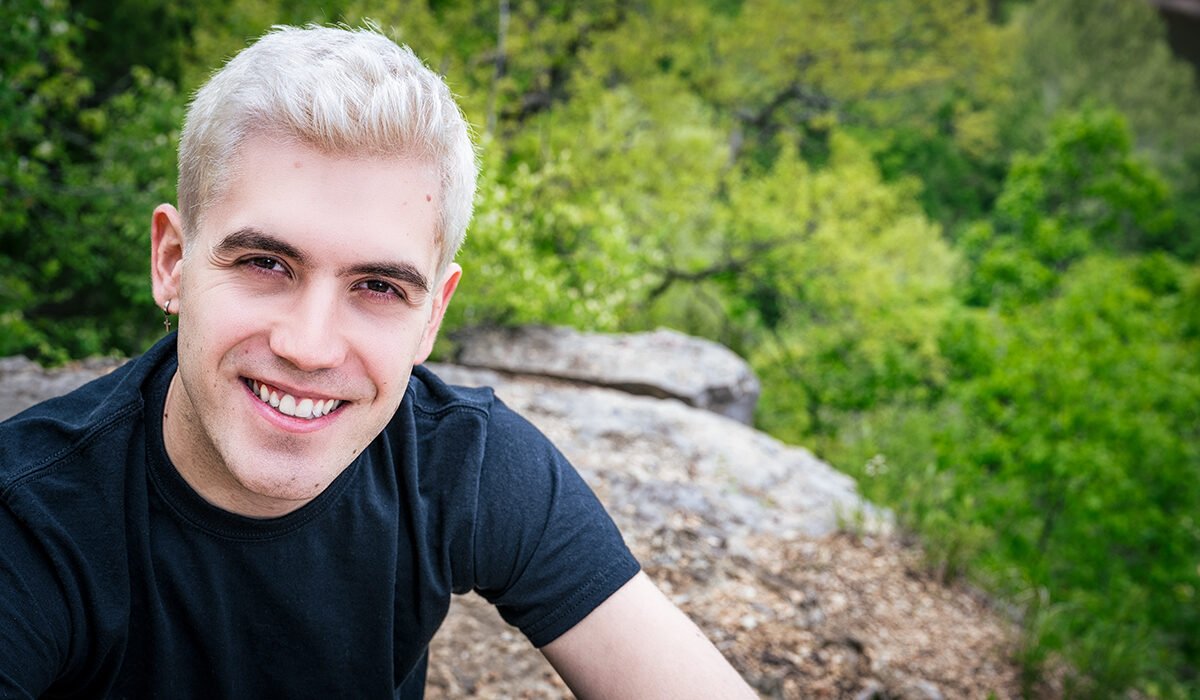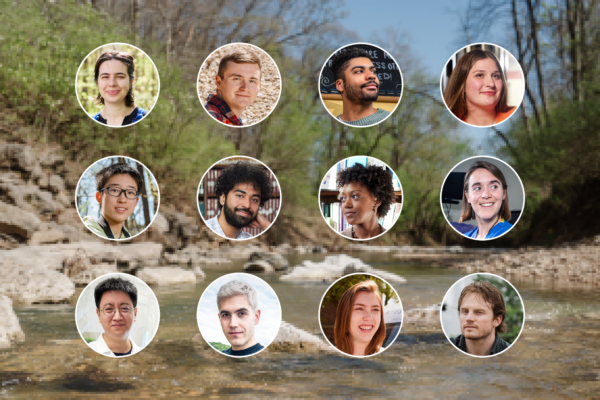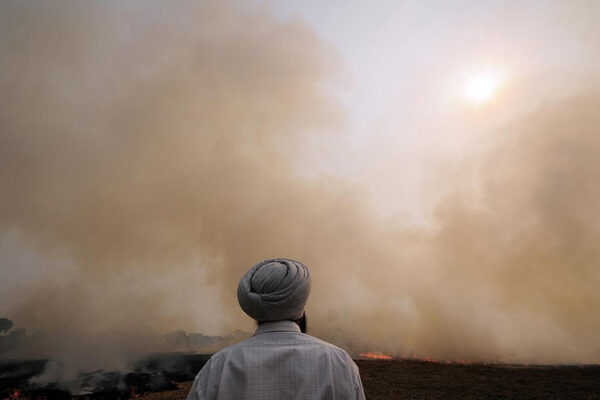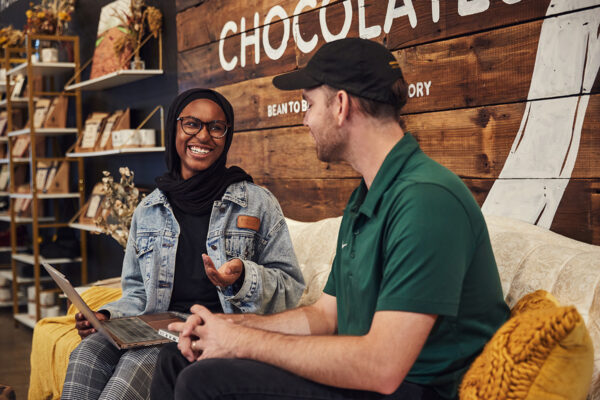As a researcher at Washington University in St. Louis’ Atmospheric Composition Analysis Group, Guinter Dame Vogg analyzed air filters from around the globe for PM2.5, the microscopic particles that cause millions of premature deaths every year. What he saw changed his life.
“I have had many ‘aha’ moments in college, but that was a big one,” said Dame Vogg, who grew up on a farm in Brazil and is set to graduate with a bachelor’s degree in chemical engineering from the McKelvey School of Engineering. “These filters were coming to us from air monitoring stations in Europe, Asia, all over the world. When I saw how different parts of the globe faced strikingly different levels of atmospheric pollution, it made me realize the role of geopolitics in climate change. Engineering cannot solve these problems alone.”
So Dame Vogg decided to apply to the International Climate Negotiation Seminar, which prepared a select group of students to observe the 2023 United Nations Climate Change Conference in Dubai, United Arab Emirates. Again, more ‘aha’ moments.
“When the 193 nations agreed on transitioning away from fossil fuels — a first for a U.N. climate conference — a lot of people were like, ‘Why is this just being added now?’” said Dame Vogg, who also is a Danforth Scholar, undergraduate representative to the Board of Trustees and president of the Engineering Council. “I understand people’s frustration on wanting stronger language on the deal, but being there, I teared up because I saw how hard it was to get to that consensus.”
Here, Dame Vogg reflects on his WashU experience.
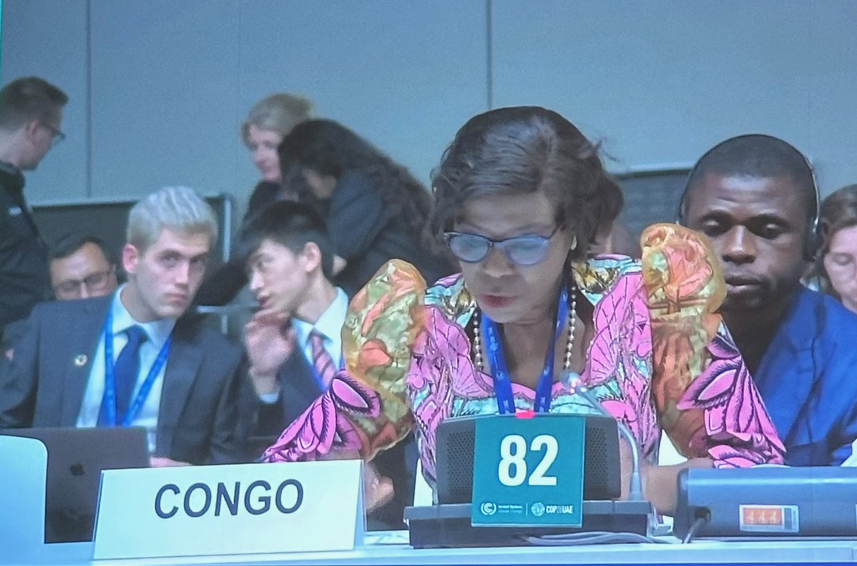
From working for the Environmental Law Clinic to traveling to Singapore for McKelvey Engineering’s ‘International Experience’ course, you have studied climate change from multiple angles. How have these experiences prepared you for the future?
It’s just very rare for a college to offer all of these different opportunities. In Singapore, I got to see many unique climate projects, which was amazing because the country is at the forefront of sustainability development. And in Sustainability Exchange, which is an interdisciplinary program, I worked on a greenhouse gas inventory for the St. Louis region and heard from different utilities and policymakers. And now I’m at the law clinic, where I work with law students, lawyers and the community on EPA’s air permits for industries around the Mississippi River. So, as you can see, I’m kind of all over the place. But I want to expose myself to as much as possible. I have a goal — not to be the engineer who knows every detail or a policymaker or a businessman, but to be someone with the skills who can solve this crisis.
You had a chance to meet your hero, Jane Goodall, during her visit to campus in 2022. What was that like?
When I heard that she was coming, I said, “Rob Wild (associate vice chancellor for student affairs and dean of students), you don’t understand, I love this woman. I need to meet her.” At the time, I was really struggling with how to communicate with people who I really disagree with. So I asked her about her own experiences and she told me she was the first woman in Africa to sit at the table with fossil fuel companies. She said, “If you’re able to sit down and they respect you, it’s amazing how much you can get done.” I have taken those lessons with me and always try to build that trust connection.
What are your post-graduation plans?
This summer, I move to Berkeley, Calif., to work at a startup called Aircapture, which is a direct air capture company that sucks carbon dioxide from the atmosphere to supply to commercial and industrial customers. This technology, to be honest, has its critics. There is the fear this technology will be used as cover for fossil fuel companies. We must stop burning fossil fuels, that is not even a question. I see this technology as a true way to address the carbon that was already emitted into the atmosphere. It gives me hope for our climate future.
